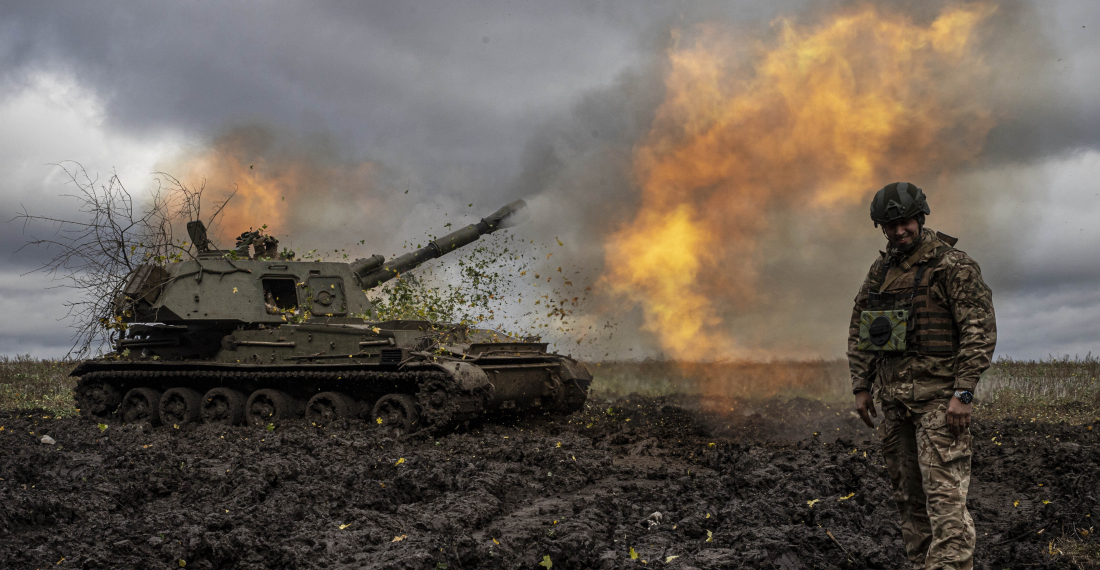Russia's ongoing full-scale war in Ukraine, initiated on 24 February 2022, has caused significant environmental and climate damage, severely impacting global efforts to combat climate change. This is highlighted in the latest report from the Initiative on Greenhouse Gas Accounting of War (IGGAW), which analyses the environmental costs over the past two years. The report was published Thursday (13 June) by the Ministry for Environmental Protection and Natural Resources of Ukraine in collaboration with climate advocacy groups.
The IGGAW report estimates climate-related damages at $32 billion, attributed to activities such as the extensive use of military fuels and the destruction of landscapes and infrastructure. Over 24 months, the conflict resulted in the emission of 175 million tonnes of carbon dioxide - more than the annual emissions of a developed country like the Netherlands.
The main sources of emissions identified in the report include:
1) Military operations: The largest share of emissions, approximately 51.6 million tCO2e, came from the operation of military vehicles and the construction of fortifications.
2) Energy infrastructure: Targeted attacks on energy facilities contributed significantly to emissions, with an estimated 17.2 million tCO2e resulting from the destruction of oil depots and uncontrolled greenhouse gas leaks.
3) Landscape fires: Military strikes caused widespread wildfires, adding 22.9 million tCO2e to the total emissions.
4) Aviation diversions: Airspace closures forced longer flight routes, increasing emissions by an additional 24 million tCO2e.
5) Reconstruction: Post-war reconstruction is expected to be highly carbon intensive, potentially contributing 56.0 million tCO2e.
The report stresses the need to hold the Russian Federation accountable for these environmental and climate damages, andrecommends the use of the social cost of carbon to quantify the monetary cost of emissions. It also calls for international cooperation to address these impacts, which is critical to achieving global emission reduction targets under the Paris Agreement.
Download publication: Climate Damage Caused by War 24 months EN






